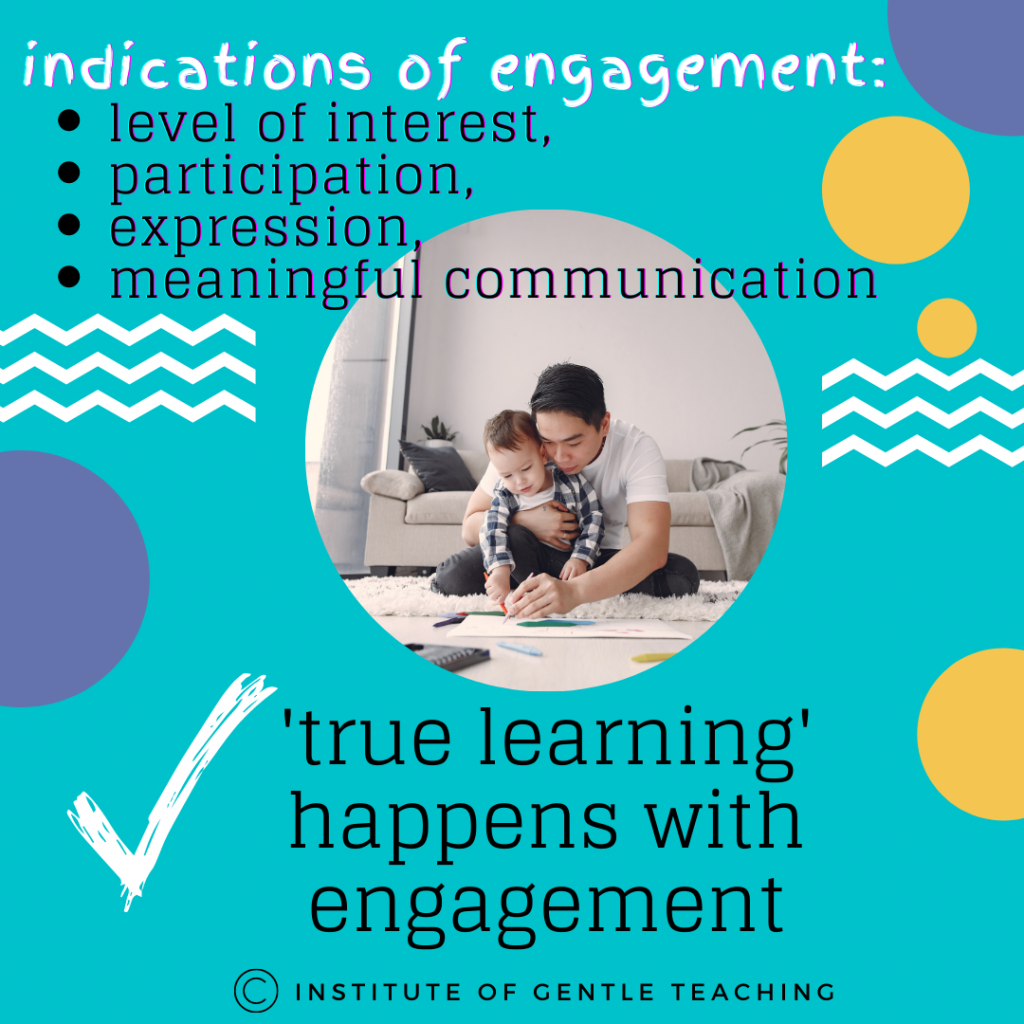 The idea of “true learning” was formulated by humanistic psychologist Carl Rogers (1902-1987), whose teachings validated a critical aspect about social-emotional development. “For a person to grow, they need an environment that provides them with genuineness (openness and self-disclosure), acceptance (being seen with unconditional positive regard), and empathy (being listened to and understood). Without these essential elements in place, relationships and healthy personalities aren’t able to develop as they should, much like a tree will not grow without sunlight and water.”*
The idea of “true learning” was formulated by humanistic psychologist Carl Rogers (1902-1987), whose teachings validated a critical aspect about social-emotional development. “For a person to grow, they need an environment that provides them with genuineness (openness and self-disclosure), acceptance (being seen with unconditional positive regard), and empathy (being listened to and understood). Without these essential elements in place, relationships and healthy personalities aren’t able to develop as they should, much like a tree will not grow without sunlight and water.”*
True learning is not possible without one’s engagement. ‘Engagement’ refers to a person’s level of interest and participation in a task or activity, and their expression of meaningful communication when interacting with others. This is different from one’s ability that relates to skill level and how well one can complete a task or activity. A culture of gentleness is a true learning culture that, with a person-centered narrative structure, focuses on the invitation to learn together, about how to feel safe and loved, loving and engaged; how to trust and do things with and then for others (reciprocation). A practice of Gentle Teaching builds relationships that invite one’s interest and curiosity in learning, and role-modeling gives one the opportunity to re-imagine and re-frame a self-concept.
[* McLeod, Dr. Saul., Simply Psychology, Carl Rogers (2014) https://www.simplypsychology.org/carl-rogers.html]
[notes on this topic are from Return To Gentleness, Journeying with Gentle Teaching (2021), by Anthony M. McCrovitz, Ph.D.]